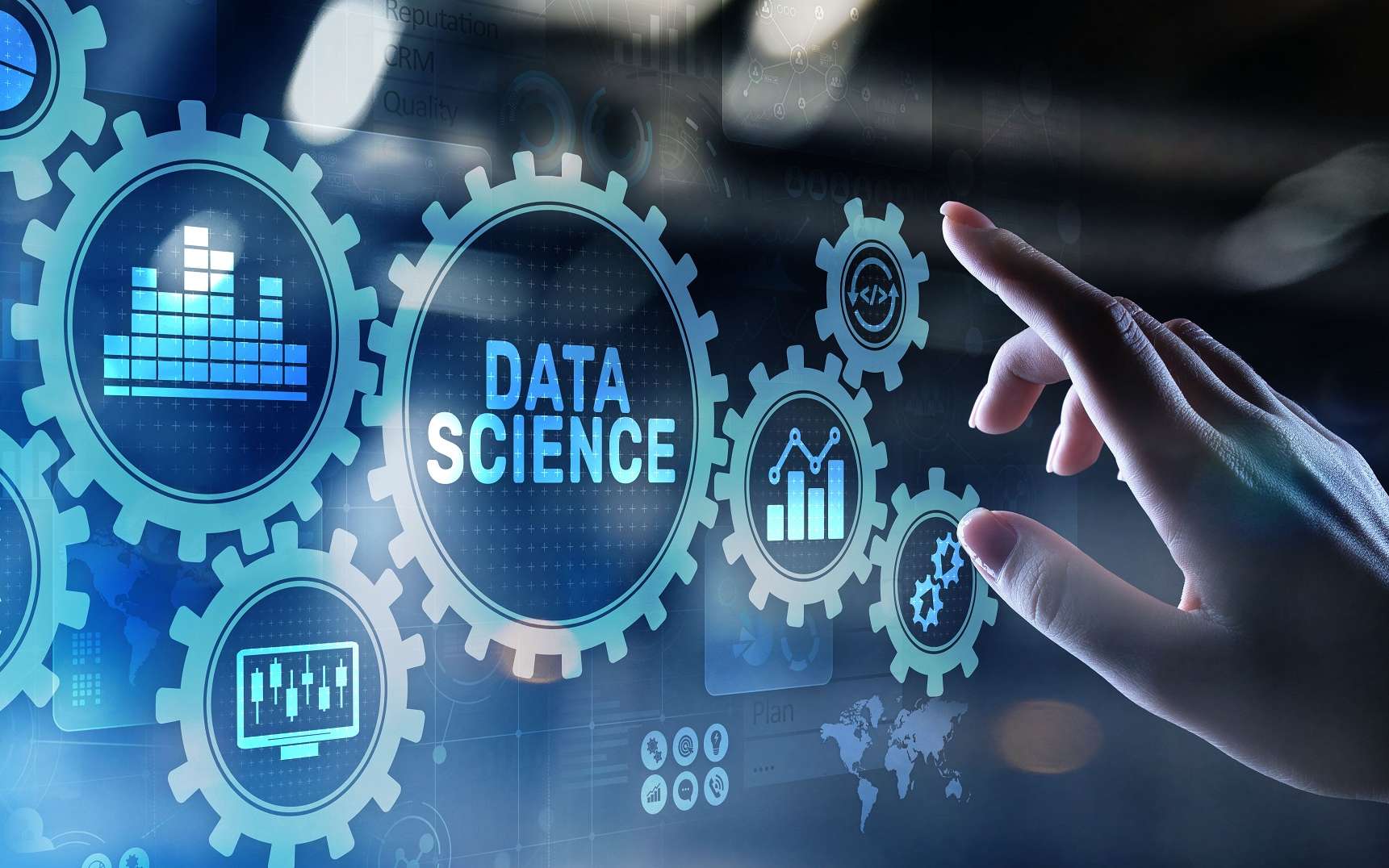
Data science is more than just a buzzword; it's a game-changer. But what exactly is it? Data science is the field that combines statistics, computer science, and domain expertise to extract meaningful insights from data. Imagine having the power to predict trends, understand customer behavior, and make informed decisions—all through data. This field is transforming industries, from healthcare to finance, and even entertainment. Curious about how Netflix recommends your next binge-watch or how Amazon knows what you need before you do? That's data science at work. Ready to dive into some mind-blowing facts about this fascinating field? Let's get started!
What is Data Science?
Data science is a field that combines statistics, computer science, and domain expertise to extract insights from data. It’s a rapidly growing area with applications in many industries.
- Data science involves using algorithms, data analysis, and machine learning to understand and interpret complex data sets.
- The term "data science" was first coined in the 1960s but gained popularity in the 2000s.
- Data scientists often work with large amounts of data, known as big data, to find patterns and trends.
- Python and R are the most popular programming languages used in data science.
- Machine learning is a subset of data science that focuses on building systems that can learn from data.
Applications of Data Science
Data science has a wide range of applications, from healthcare to finance. Here are some fascinating ways it’s being used today.
- In healthcare, data science helps predict disease outbreaks and personalize treatments.
- Financial institutions use data science to detect fraud and assess credit risk.
- Retailers analyze customer data to optimize inventory and improve customer experience.
- Sports teams use data science for player performance analysis and game strategy.
- Transportation companies use data science to optimize routes and reduce fuel consumption.
Tools and Technologies in Data Science
The tools and technologies used in data science are constantly evolving. Here are some of the most important ones.
- Hadoop is an open-source framework that allows for the distributed processing of large data sets.
- TensorFlow is a popular open-source library for machine learning developed by Google.
- Apache Spark is a powerful analytics engine for big data processing.
- Jupyter Notebooks are an open-source web application that allows you to create and share documents containing live code, equations, and visualizations.
- SQL is a standard language for managing and manipulating databases.
Skills Required for Data Science
Becoming a data scientist requires a diverse set of skills. Here are some of the key skills needed.
- Statistical analysis is crucial for interpreting data and making predictions.
- Programming skills in languages like Python, R, and SQL are essential.
- Data visualization skills help in presenting data in a clear and understandable way.
- Machine learning knowledge is important for building predictive models.
- Domain expertise helps in understanding the specific context of the data being analyzed.
Challenges in Data Science
Data science is not without its challenges. Here are some of the common obstacles faced by data scientists.
- Data quality can be a major issue, as inaccurate or incomplete data can lead to incorrect conclusions.
- Data privacy concerns are increasingly important, especially with the rise of big data.
- Interpreting results can be difficult, as complex models may not always be easy to understand.
- Scalability is a challenge when dealing with large data sets.
- Keeping up with technology is essential, as the field is constantly evolving.
Future of Data Science
The future of data science looks promising, with many exciting developments on the horizon.
- Artificial intelligence and machine learning will continue to advance, leading to more sophisticated models and applications.
- Quantum computing has the potential to revolutionize data science by allowing for the processing of even larger data sets.
- Automated machine learning (AutoML) will make it easier for non-experts to build and deploy machine learning models.
- Data ethics will become increasingly important as data science continues to impact society.
- Interdisciplinary collaboration will be key, as data science becomes more integrated with other fields.
Fun Facts About Data Science
Here are some fun and interesting facts about data science that you might not know.
- The first data scientist was John Tukey, who coined the term "exploratory data analysis" in the 1970s.
The Final Word on Data Science
Data science is a game-changer. From predicting trends to personalizing experiences, it’s reshaping industries. Understanding data science means grasping the power of big data, machine learning, and AI. These tools help businesses make smarter decisions, improve customer satisfaction, and stay ahead of the competition.
But it’s not just for tech giants. Small businesses can also benefit by using data to understand their customers better and streamline operations. The field is constantly evolving, with new techniques and technologies emerging all the time. Staying updated is crucial for anyone involved in data science.
Whether you’re a student, a professional, or just curious, knowing these facts can give you a solid foundation. Data science isn’t just a buzzword; it’s a vital skill set for the future. Keep learning, stay curious, and embrace the data-driven world.
Was this page helpful?
Our commitment to delivering trustworthy and engaging content is at the heart of what we do. Each fact on our site is contributed by real users like you, bringing a wealth of diverse insights and information. To ensure the highest standards of accuracy and reliability, our dedicated editors meticulously review each submission. This process guarantees that the facts we share are not only fascinating but also credible. Trust in our commitment to quality and authenticity as you explore and learn with us.


